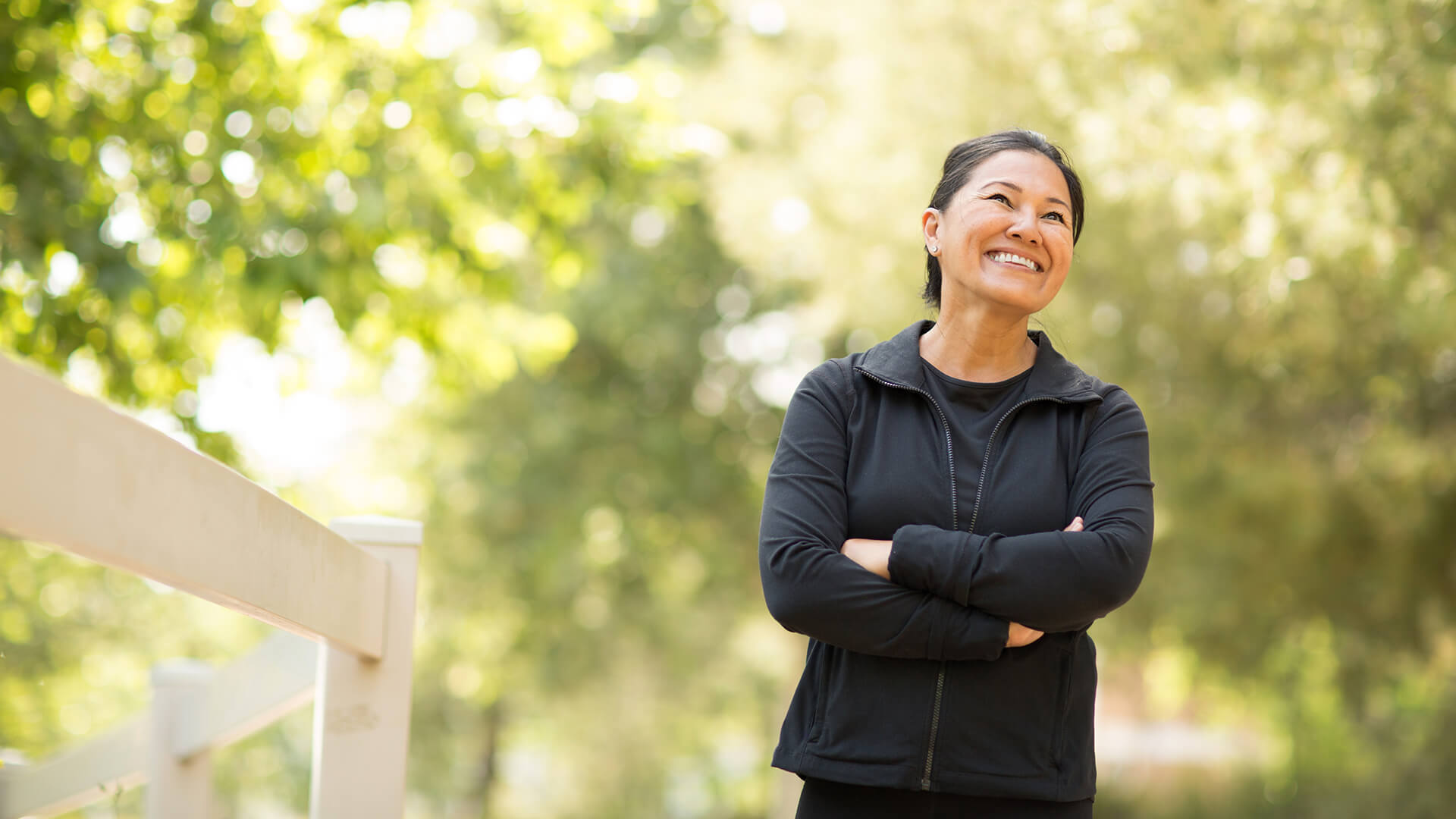For most people, the past couple of years have demanded developing an ability to adapt to and assimilate a series of global events that have unfolded in an unprecedented sequence and with unforgiving speed: the pandemic, environmental crisis, the economy. And that’s just on a macro level. On a personal level, many of us have guided our families, friends, or colleagues through almost unimaginable events. We’ve done this while feeling overwhelmed by the present and uncertain of the future.
Everyone has had to adapt to upheaval and find ways to remain calm and grounded. Sometimes, it’s the space we allow ourselves and the little actions we take for self-care that make all the difference in the world. Allowing ourselves the time and space to reflect on our situation, both the positive and negative; to take stock, is what practicing mindfulness and gratitude are all about.
Gratitude and mindfulness are related and, when combined, can be powerful conduits for self-healing.
Gratitude is about more than being thankful for what we have; it’s about recognizing where we are and appreciating all positive aspects of our lives. It’s about saying thank you to your friends, partner, to life, or the universe, and it does more good than you may realize.
In positive psychology research, gratitude is strongly and consistently associated with greater happiness. Gratitude helps people feel more positive emotions, relish good experiences, improve their health, deal with adversity, and build strong relationships. 1
As simplistic as it may sound, gratitude can remind us of all that is good in our life and put into perspective the challenges that may otherwise seem insurmountable. That is not to say that we must always feel upbeat and cheery. Instead, gratitude is about taking stock, recognizing the positive, and gaining strength from the good in our lives.
“Cultivate the habit of being grateful for every good thing that comes to you, and to give thanks continuously. And because all things have contributed to your advancement, you should include all things in your gratitude.”
Ralph Waldo Emerson
Mindfulness is about living the moment. Mindfulness means being fully aware of the present moment and seeing your reality from a place of non judgment, if possible. 2
When we’re mindful, we focus on the moment and the circumstance we are in, rather than focusing on a past we cannot change or a future we cannot predict. As a result, mindfulness can alleviate stress and anxiety, provide insight and perspective by helping us tune into our mind and emotions, and increase self-awareness while being aware of others’ needs and well-being.
Mindful awareness isn’t about creating a perfect life to override pain. Instead, it’s about managing your response to an imperfect life and, in that way, releasing the stronghold of suffering. 3
We all know that being grateful and mindful can help us through times of crisis, but how do they work in tandem, and how do we start applying them to our everyday lives?
Giving yourself the space to practice gratitude and mindfulness during difficult times allows you to appreciate good fortune, live in the moment, surrender to it while shifting focus away from the challenges to provide perspective, strength, and tranquility.
Incorporating Gratitude and Mindfulness
While we all innately know how to be grateful and mindful, it may take some practice to incorporate into our daily lives. Some of these exercises may help:
Mindful Moment: Give yourself the space to surrender to your day. Take a moment to appreciate where you are, both physically and emotionally.
Gratitude Morning: When you first wake up, rather than worrying about all the day’s responsibilities and commitments, pause to consider the experiences in life that have brought joy.
Mental Subtraction: Like gratitude, mental subtraction means not only being appreciative of what we have, our health, the love of family or friends, but imagining what our lives would be like without the things that we sometimes take for granted. Mental subtraction can be a truly humbling exercise.
Journal: Journaling is potentially one of the most authentic and therapeutic self-care exercises we can undertake. It allows us to practice gratitude and mindfulness and can be a great resource during difficult times. In addition, journaling can provide perspective on our emotional evolution and be a catalyst for self-healing and understanding.
1.- health.harvard.edu
2.- Psychcentral.com
3, 4.- Psychcentral.com
